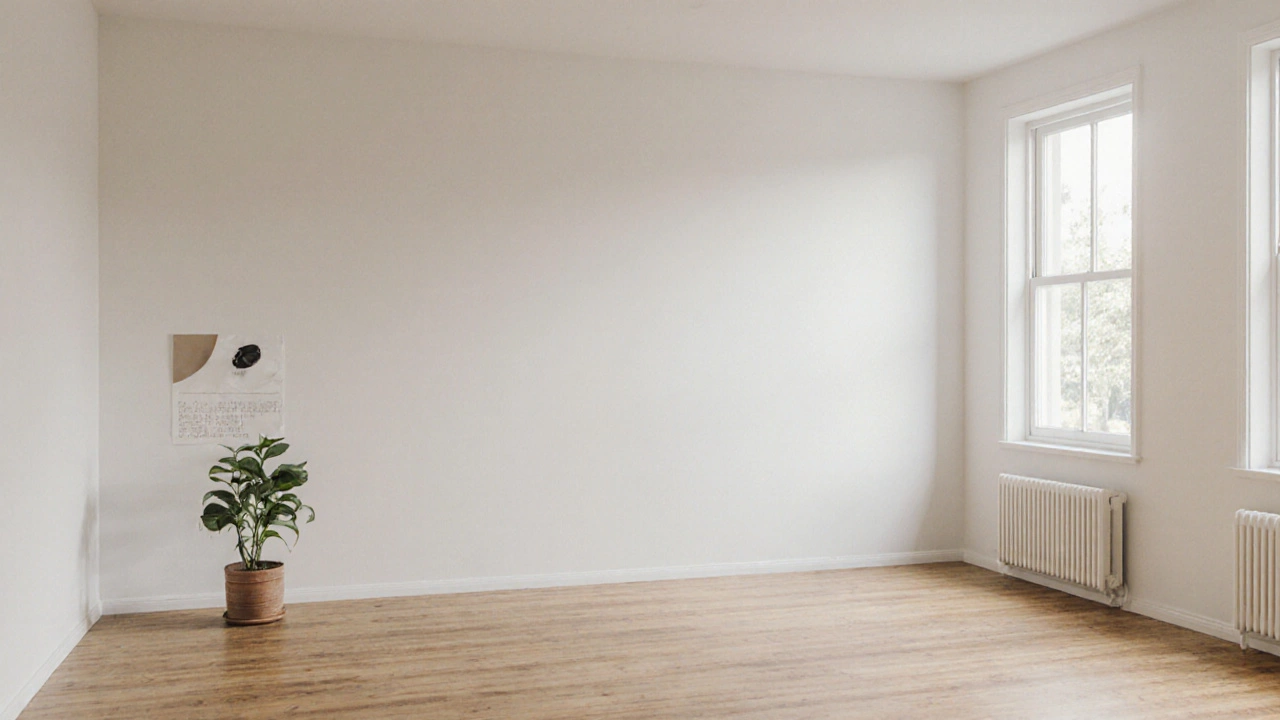New Construction Defects: What to Watch For and How to Fix Them
When you buy a new home, you expect it to be built right. But new construction defects, flaws in materials, design, or workmanship that appear after a building is completed are more common than most people realize. These aren’t just cosmetic issues—they can lead to water damage, structural failure, or even safety risks. A cracked foundation, uneven floors, or poorly sealed windows might seem small at first, but they often signal deeper problems that only get worse over time.
Many of these problems come from corners being cut during the build. foundation cracks, visible breaks in concrete or masonry that indicate shifting or settling are one of the biggest red flags. If you notice cracks wider than a credit card, especially near doors or windows, it’s not normal. Another common issue is poor workmanship, inconsistent or sloppy installation of plumbing, electrical, or framing by untrained crews. This isn’t always obvious right away—you might not see it until you turn on the water and find leaks behind the walls, or notice mold growing because the bathroom wasn’t properly vented.
What makes these defects so dangerous is how easy they are to miss. Builders might use cheaper materials to save money, skip proper curing time for concrete, or ignore local building codes. You won’t catch all of it during a walkthrough. That’s why knowing what to look for matters. New construction defects often show up in places you don’t check: under the kitchen sink, behind the drywall, or where the roof meets the chimney. And if your builder brushes off your concerns, that’s a warning sign in itself.
These problems aren’t just about money—they affect your peace of mind. A house with hidden flaws can lose value fast, and fixing them later often costs more than the original build. The good news? Most defects are preventable if you know the signs and act early. Below, you’ll find real examples from homeowners who caught issues before they turned into disasters. From how to spot bad framing to what questions to ask before signing off on a new build, these posts give you the tools to protect yourself. You didn’t buy a new home to fix someone else’s mistakes. Let’s make sure you don’t end up paying for them.

